First order of business, an apology from me. I expected to have contest finalists announced by now and critiques returned, but have fallen woefully behind in that goal. The fault is entirely mine. Please continue to give grace, and hopefully I’ll be able to post the results soon.
Having said that, this may be a good time to discuss character flaws.
Naomi had a great post recently on that topic. Perfect heroes are boring, and since real people aren’t perfect, real readers can’t relate to a Dudley Do-right or Polly Perfect.
When it comes to choosing flaws for your characters, though, it won’t do to just pick them out of a hat. Have you ever read a book where the heroine was perfect in every way except…prepare to be shocked…she bit her nails? Or muttered uncheerfully when riled? Like Giselle in Disney’s Enchanted, characters like that seem just too good for this world.
Flawed characters are much more intriguing. Superman had his kryptonite. Indiana Jones was afraid of snakes–a foible that provides comic contrast to his derring-do until we finally discover the root of his fear in the third movie of the series.
So where can you find fodder for flaws?
I’m reading Story Engineering by Larry Brooks (ebook available on Amazon for .99 this week). You’re likely to hear me refer to this book often as I try to wrap my mind around the concepts. One is the idea that character flaws are linked to your character’s backstory–an issue that festers over time until they’re forced to deal with it. That’s CONFLICT, and conflict is STORY.
Let’s say you’ve created a character who grew up with abuse. His resentment might fester into anger so that he grows up to repeat the pattern, OR he might be drawn to counseling or law enforcement to defend other victims, but the feelings of anger and helplessness could surface in other ways.
Maybe your character had an accident as a child–something so traumatic that fear is a lingering flaw. You could build a plot that forces them to confront that fear and conquer it.
The backstory element doesn’t necessarily have to be a bad thing. What if your character experienced the perfect childhood? Father was the model provider and protector, and mother always kept things clean and pleasant on the homefront. Just like Leave it to Beaver or the Brady Bunch. What harm could possibly come of that? Maybe your character, never having encountered trials, is in for a rough transition to life on their own. It could be that they’re a little short on empathy, since they really don’t know how it feels to struggle.
An intriguing flaw can actually become the premise of a whole story as you create situations that drive your character to grow and change when all other options are removed.
Exercise:
- Make a list of undesirable emotions and character traits. Brainstorm several possible causes for these responses.
- Coming from a different angle, brainstorm interesting backstory events then make a list of all the possible responses you can think of.
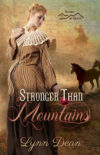
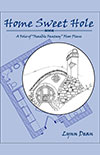
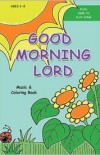
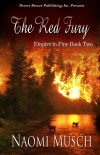
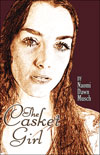
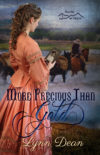
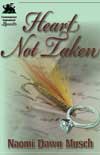
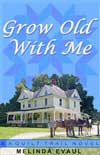
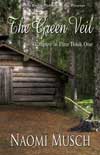

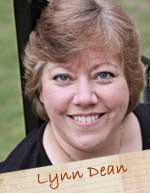


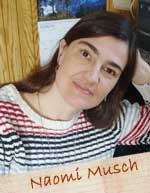


Speak Your Mind
You must be logged in to post a comment.